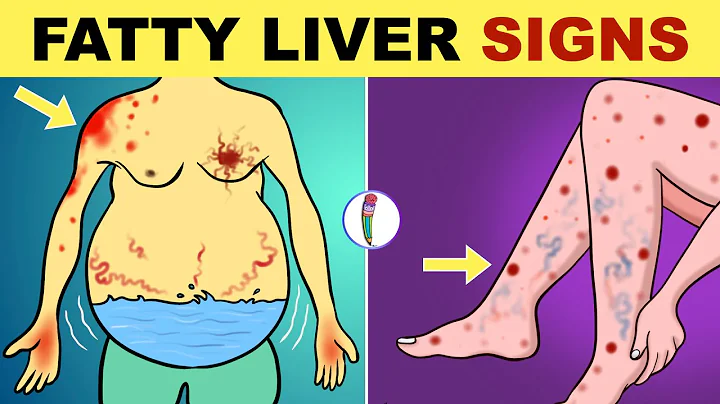Editor's recommendation: A new study published in the online version of Neurology, the medical journal of the American Academy of Neurology, on July 13, 2022, shows that patients with non-alcoholic fatty liver disease (fat cells in the liver People with dementia may be at higher risk for developing dementia. Researchers also found that people with this liver disease may be at higher risk of developing dementia if they also have heart disease or stroke.
People with non-alcoholic fatty liver disease, a buildup of fat cells in the liver, may have higher risk of dementia. Researchers also found that people with this liver disease may be at higher risk of developing dementia if they also have heart disease or stroke.
Non-alcoholic fatty liver disease affects 25% of people worldwide and is the most common chronic liver disease . Because there are often no symptoms, many people don't know they have the disease. When people do experience symptoms, they may include fatigue, pain, or upper right abdominal discomfort. While excessive alcohol consumption can lead to fatty liver disease, non-alcoholic fatty liver disease can be caused by obesity and related conditions such as high blood pressure or type 2 diabetes. In a small group of people, it can cause liver inflammation or liver damage.

"Common risk factors for non-alcoholic fatty liver disease and dementia include metabolic disorders such as hypertension, diabetes and obesity," said study author Dr. Ying Shang of the Karolinska Institute in Stockholm, Sweden. So our study sought to determine whether there was a link between this type of liver disease and a person's risk of developing dementia, independent of these risk factors."
In the study, researchers looked at Sweden across the country for 30 years. Patient registration records identified 2,898 patients aged 65 and older with non-alcoholic fatty liver disease. The researchers then identified 28,357 people without the disease who were matched for age, gender and city of residence.
After an average follow-up of more than five years, 145 people with non-alcoholic fatty liver disease (5%) were diagnosed with dementia, compared with 1,291 people without liver disease (4.6%).
Researchers adjusted for cardiovascular risk factors such as high blood pressure and diabetes and found that people with non-alcoholic fatty liver disease had a 38 percent higher overall rate of dementia compared with people without liver disease. When the researchers looked specifically at vascular dementia , a condition caused by insufficient blood flow to the brain, they found that people with non-alcoholic fatty liver disease had a 44 percent higher risk of developing the disease than those without liver disease. The researchers did not find a higher incidence of Alzheimer's disease in .
People with both heart and liver disease have a 50% higher risk of developing dementia. Those with liver disease and stroke were more than 2.5 times more likely to develop dementia. "Our study shows that non-alcoholic fatty liver disease is associated with the development of dementia , which may be caused primarily by damage to blood vessels in the brain," noted Dr. Shang. "These results highlight the possibility that Targeted treatments for this liver disease and co-occurring cardiovascular disease may reduce the risk of dementia."
One limitation of the study is that non-alcoholic fatty liver disease is underdiagnosed because people often have no symptoms. Dr Shang stressed that this could lead to an underestimation of the link between non-alcoholic fatty liver disease and dementia.
This research was funded by the Swedish Research Council.
The American Academy of Neurology is the world's largest association of neurologists and neuroscience professionals, with more than 38,000 members. The AAN is committed to promoting the highest quality patient-centered neurological care. Neurology doctors specialize in diagnosing, treating and managing conditions such as Alzheimer's disease, stroke, migraines, multiple sclerosis, concussion, Parkinson's disease and epilepsy, of the brain and nervous system. A doctor who is specially trained in the disease .
Source: Neurology
Disclaimer: Kangjiahao is committed to spreading health knowledge. The content is edited based on public information, and the copyright belongs to the original author; if there is any infringement, please leave a message online to delete it.The article is intended to introduce the progress of health science and cannot be used as a treatment plan; if you need precise health guidance, please go to a regular hospital for diagnosis and treatment.





















